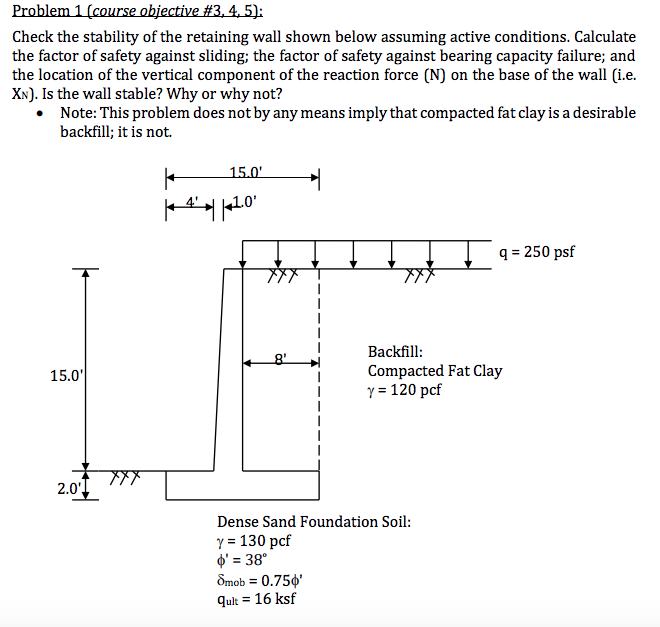A retaining wall must have the strength to hold back the weight of the soil plants and sometimes small structures behind it.
Retaining wall base material calculator.
When building a retaining wall diy landscapers need accurate estimates on the amount of stone blocks cap stones and gravel needed to complete the project.
See our retaining wall cost guide to find the average price of a retaining wall.
Armed with the volume of material needed in cubic yards the weight of material in tons can be found by multiplying the volume by the material density.
We recommend making the base twice as wide as the block depth to account for settling.
Most gravel weighs 1 4 to 1 7 tons per cubic yard.
Getting a landscaping estimate will help you plan for the cost of materials and labor to build the retaining wall which will help you save time and money.
Planning a retaining wall.
The success of your retaining wall depends on a level base.
The wall gets its strength from a sturdy base consisting of gravel.
Using a tape measure decide the length and the width of your retaining wall then mark off the area with the garden stakes and string.
The interlocking retaining wall block can be used to build walls up to 24 to 36 inches high depending on the size of the block.
Retaining wall base trench dig a base trench 24 in.
25 mm for each 1 ft 300 mm of wall height for the amount or buried block that is needed.
Before building a retaining wall plan it out.
As a shortcut try our cubic yardage calculator to conveniently calculate your volume.
Poured concrete is typically the most expensive followed by wood timber and then stones and pavers.
The retaining wall should be set embedded below grade on a level base of 6 gravel or stone.
Professional retaining wall material estimator estimate your project needs our easy to use professional retaining wall block calculator was designed to help you estimate precisely how many anchor wall blocks and complementary materials you will need for your next project.
To create a solid foundation dig a trench for the first course of your interlocking retaining wall blocks to sit in and make sure the ground remains even throughout.
600 mm wide the length of the wall the depth of the trench will be 6 in.
Preparing the retaining wall base.
Project estimator tool our online project estimator tool allows you to calculate the amount of pavers retaining wall blocks or slimbrick that you will need for your projects such as patios walkways driveways and retaining walls.
150 mm plus an additional 1 in.
Avoid having downspouts pointed at the retaining wall and if it s against the house keep soil and mulch well below the siding.
Avoid placing the retaining wall where downspouts are pointed to keep standing water from forming inside the wall.

